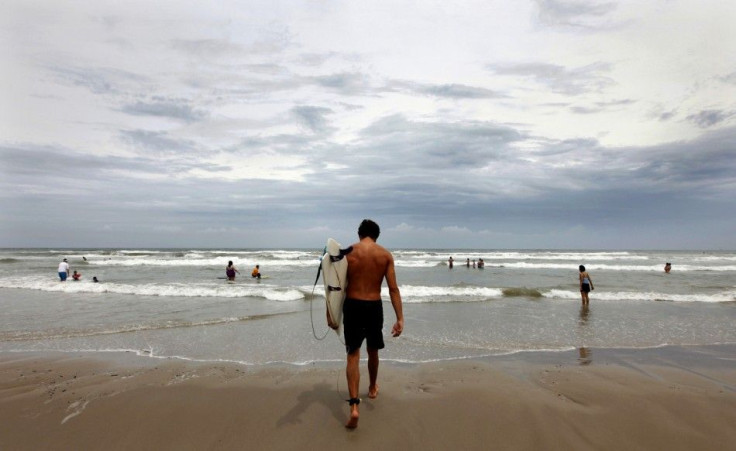Tropical Storm Don Passes Texas; Severe Drought Remains

As Tropical Storm Don fizzled out, hopes that heavy rains would provide some relief to a dry and parched south Texas suffering its worst drought in years also disappeared.
"There's really not much left of [the storm]," Barry Goldsmith, a meteorologist with the National Weather Service in Brownsville, told Associated Press. "It's a done deal."
Some areas of southern Texas received one or two inches of rain from the remnants of the storm, but much more is needed to address a drought that has, among other things, forced ranchers to unload livestock and compelled animals to seek other areas for water.
Travis Miller, a College Station-based extension service agronomist who is a member Governor's Drought Preparedness Council, lamented about the magnitude of the drought.
"We need something to recharge the soil profile and the streams and aquifers and a lot of our wells," he said. "It's pretty critical."
The blinding heat and humidity has already killed thousands of cattle in Texas and Midwest.
Among the many unusual results of the drought are that bears, razorbacks and other creatures are moving into urban, populated areas to find food and water.
Reuters reported that black bears have been forced from their natural habitats in Far West Texas and Northern Mexico by wildfires and drought into human settlements.
"They're [the bears] going to where they need to," Louis Harveson, a Sul Ross State University professor of wildlife management who directs the school's Borderlands Research Institute, told Reuters.
"They're scavengers -- they're basically an oversized raccoon."
© Copyright IBTimes 2025. All rights reserved.





















